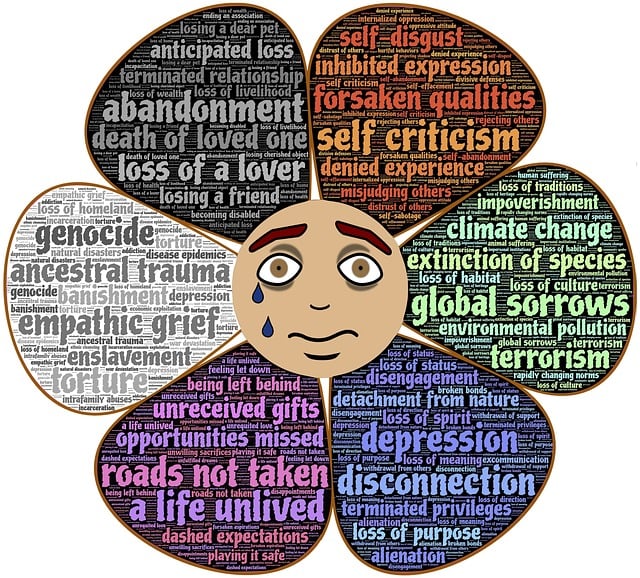10 Coping Strategies for Narcissistic Relationships

Dealing with narcissistic relationships can be challenging, but there are coping strategies that can help you navigate these situations. Keep in mind that these tips may not be a one-size-fits-all solution, and seeking professional help is always advisable. Here are 10 coping strategies for dealing with narcissistic relationships:
1. Set Boundaries: Establish clear and firm boundaries to protect yourself from manipulation and emotional abuse. Clearly communicate what behaviours are unacceptable and be consistent in enforcing these boundaries.
2. Practice Self-Care: Prioritize your well-being by engaging in activities that bring you joy and relaxation. This can include exercise, hobbies, spending time with supportive friends and family, and focusing on your mental and physical health.
3. Seek Support: Talk to trusted friends, family members, or a therapist about your experiences. Having a support system can provide validation, understanding, and guidance as you navigate the challenges of a narcissistic relationship.
4. Educate Yourself: Learn more about narcissistic personality traits and behaviours to better understand the dynamics at play. Knowledge can empower you to recognise manipulation tactics and make informed decisions.
5. Detach Emotionally: Try to detach emotionally from the narcissist’s behaviour. Understand that their actions are a reflection of their own issues and insecurities, rather than a reflection of your worth.
6. Maintain Perspective: Keep a realistic perspective on the narcissist’s behaviour. Accept that you cannot change them, but you can control how you react and respond to their actions.
7. Focus on Your Goals: Concentrate on your personal and professional goals. Setting and achieving your own objectives can provide a sense of accomplishment and empowerment, independent of the narcissistic relationship.
8. Develop a Support Network: Build connections with people who understand your situation and can provide empathy and encouragement. Share your experiences with those who have gone through similar situations or join support groups to connect with others facing narcissistic relationships.
9. Limit Contact: If possible, minimize contact with the narcissist. This may involve setting clear communication boundaries, reducing face-to-face interactions, or, in extreme cases, considering no contact for your well-being.
10. Consider Professional Help: Consult with a therapist or counsellor experienced in dealing with narcissistic relationships. Professional guidance can offer insights, coping strategies, and support tailored to your specific situation.
Remember, each situation is unique, and these strategies may need to be adapted based on your circumstances. If you are in immediate danger or facing severe emotional distress, consider reaching out to local mental health professionals or helplines for assistance.






Responses